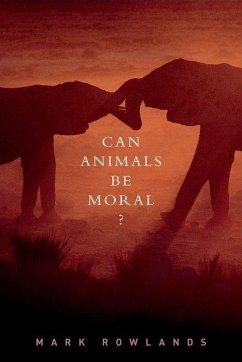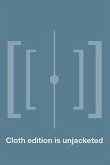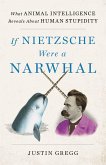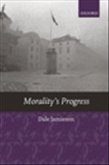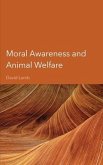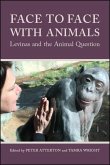Can animals act for moral reasons? Philosophical tradition answers, almost univocally, "no." Recent work in cognitive ethology, however, points in the other direction. Philosophical tradition has apparently convincing arguments on its side. But cognitive ethology can point to a growing body of empirical evidence that suggests these arguments must be wrong. This groundbreaking book assimilates both philosophical and ethological frameworks into a unified whole. In part, ethologists have not understood the enormous logical obstacles facing the claim that animals can act morally. But, in part also, philosophers have been guilty of over-intellectualizing crucial concepts such as moral motivation and action. Building on the ethological evidence, this book engages in meticulous philosophical analysis and argument, and the resulting answer to the question is a qualified "yes." Animals can act morally in the sense they can act for moral reasons. Or, at least, they are no compelling logical obstacles to supposing that this is the case. This conclusion has important implications not just for our understanding of animals but also of the central concepts we employ in understanding the moral lives of humans, such as motivation, action, and agency.

